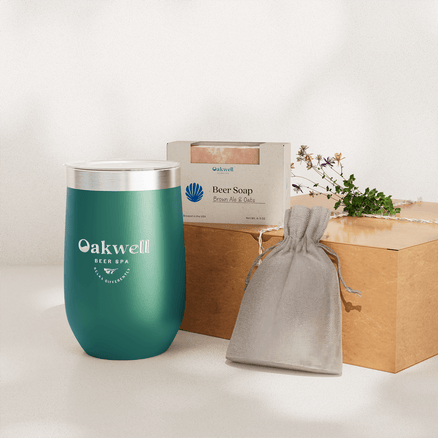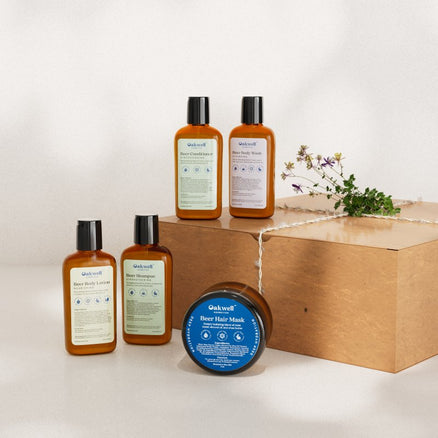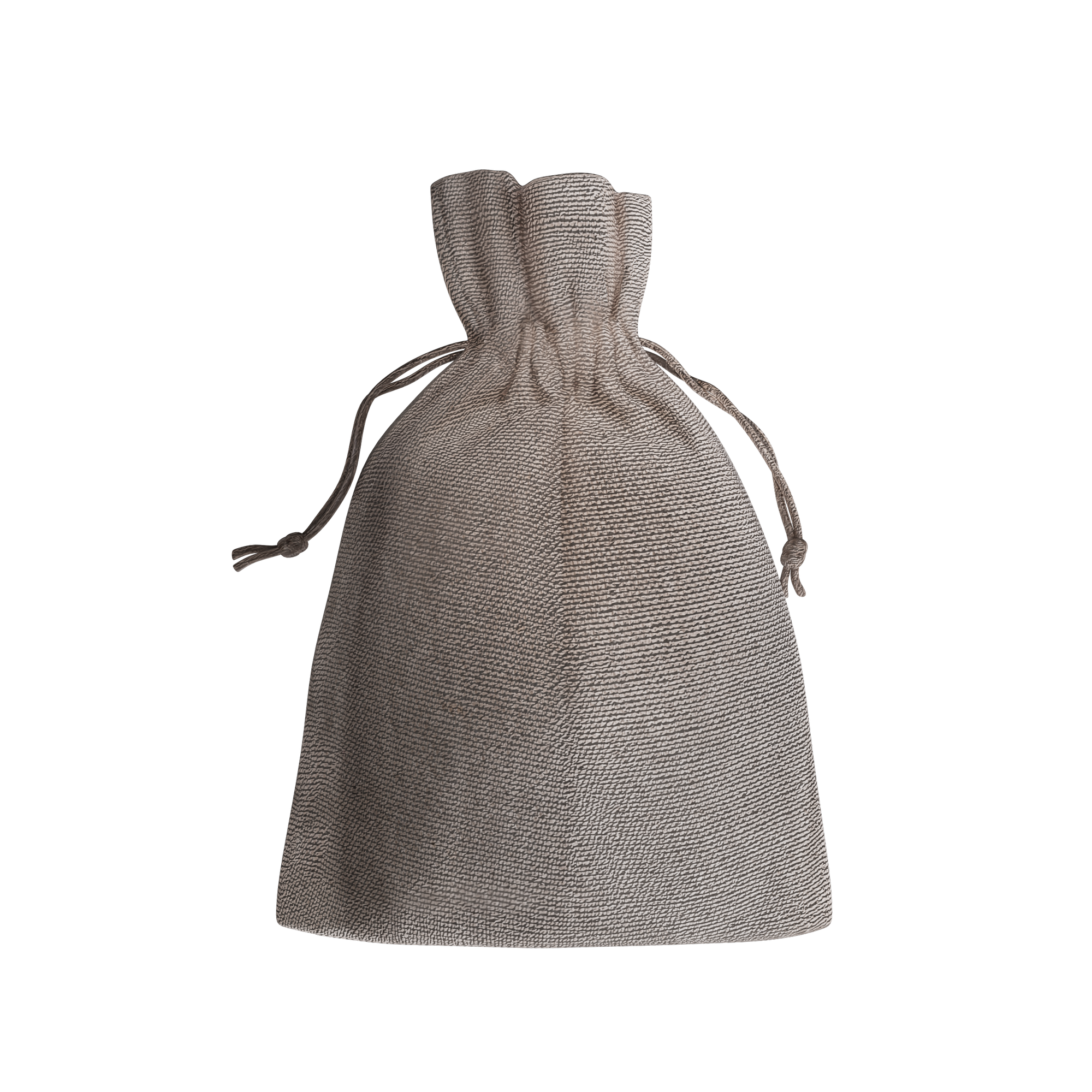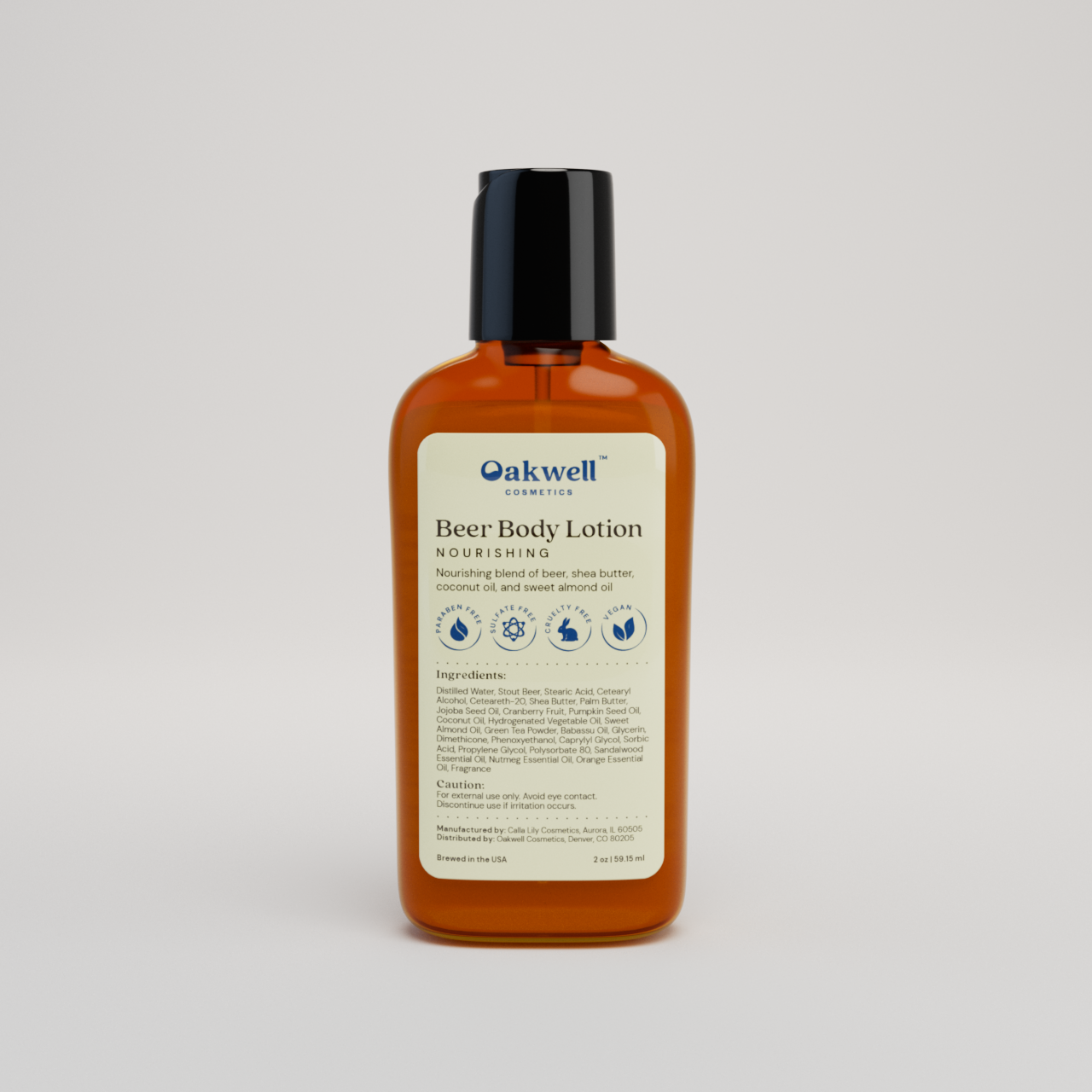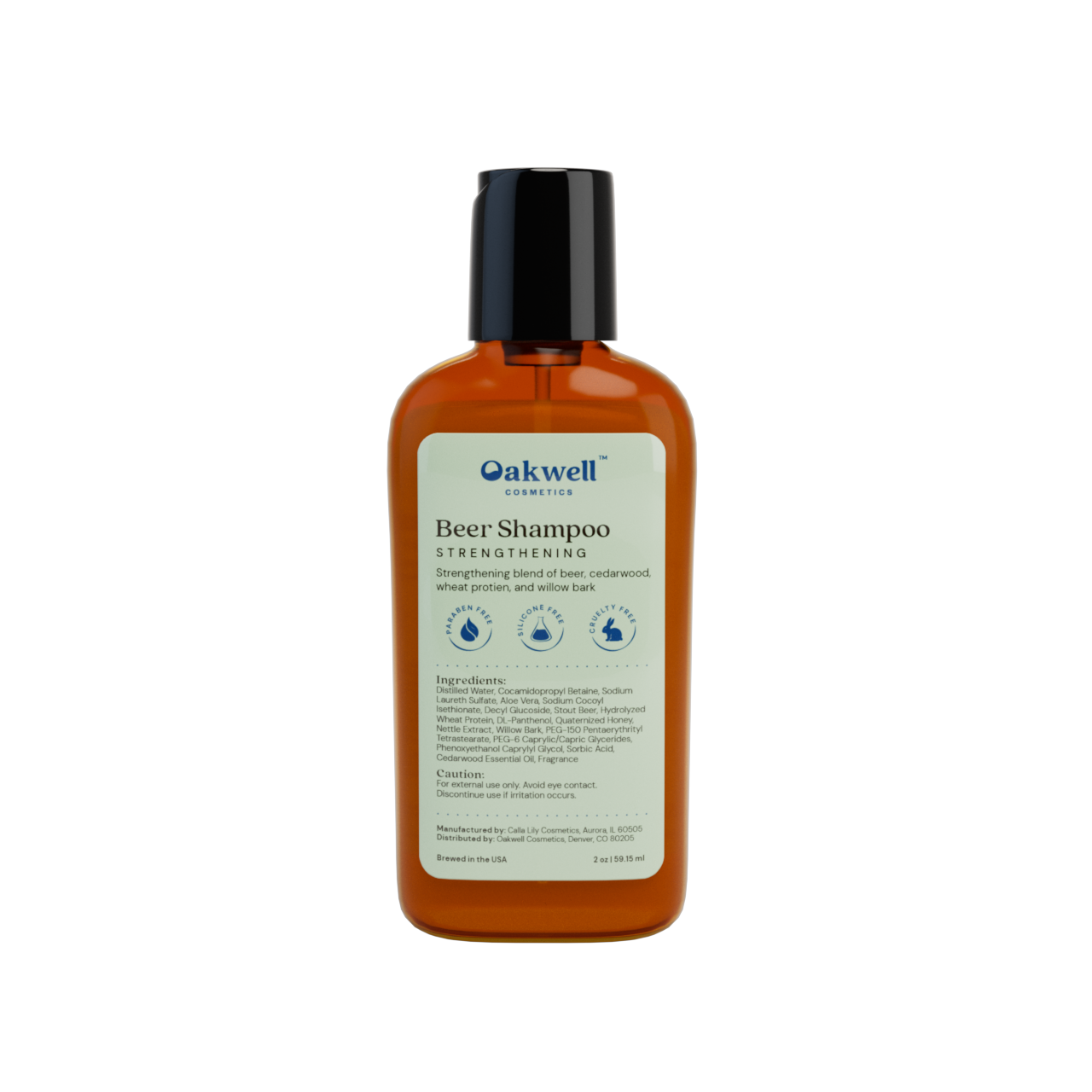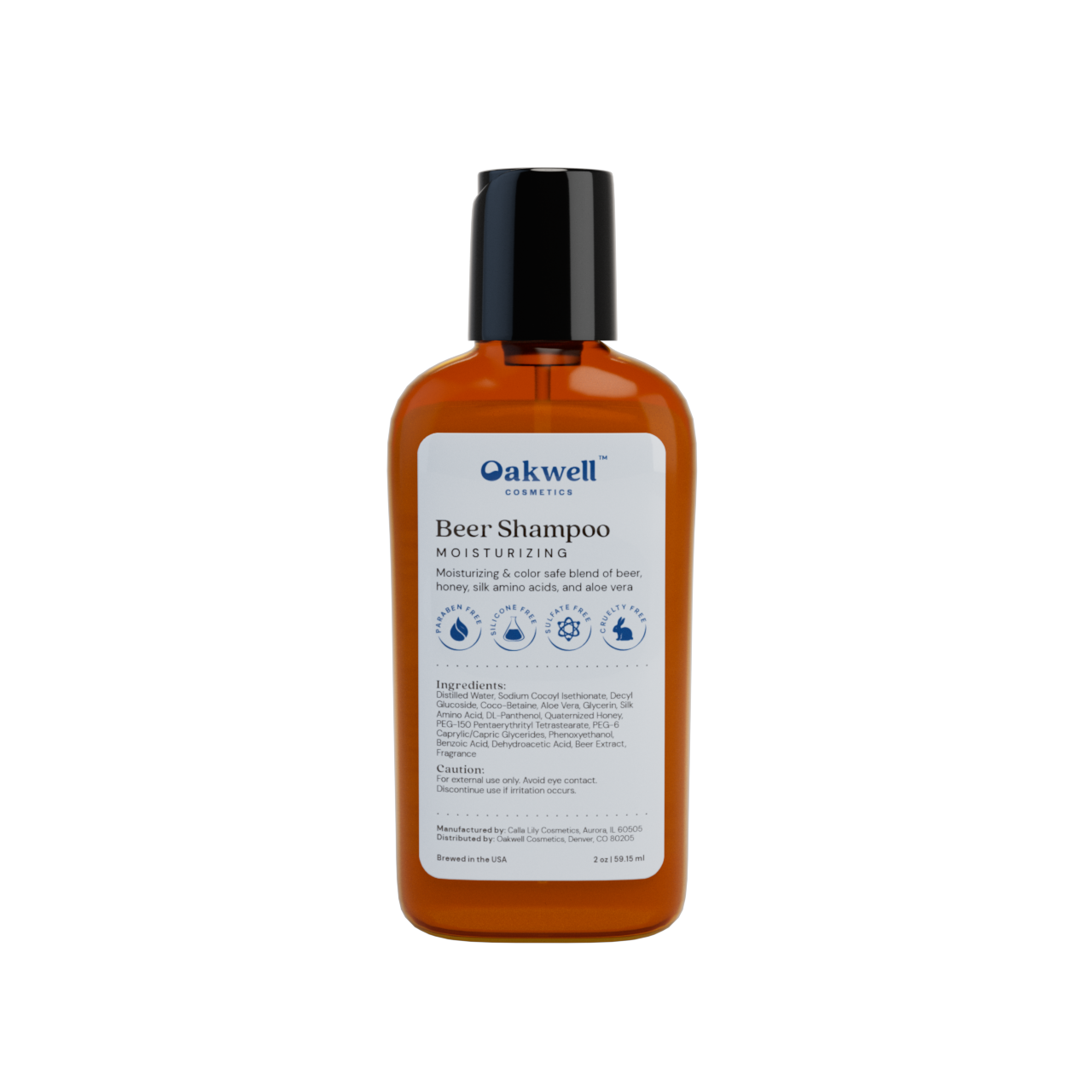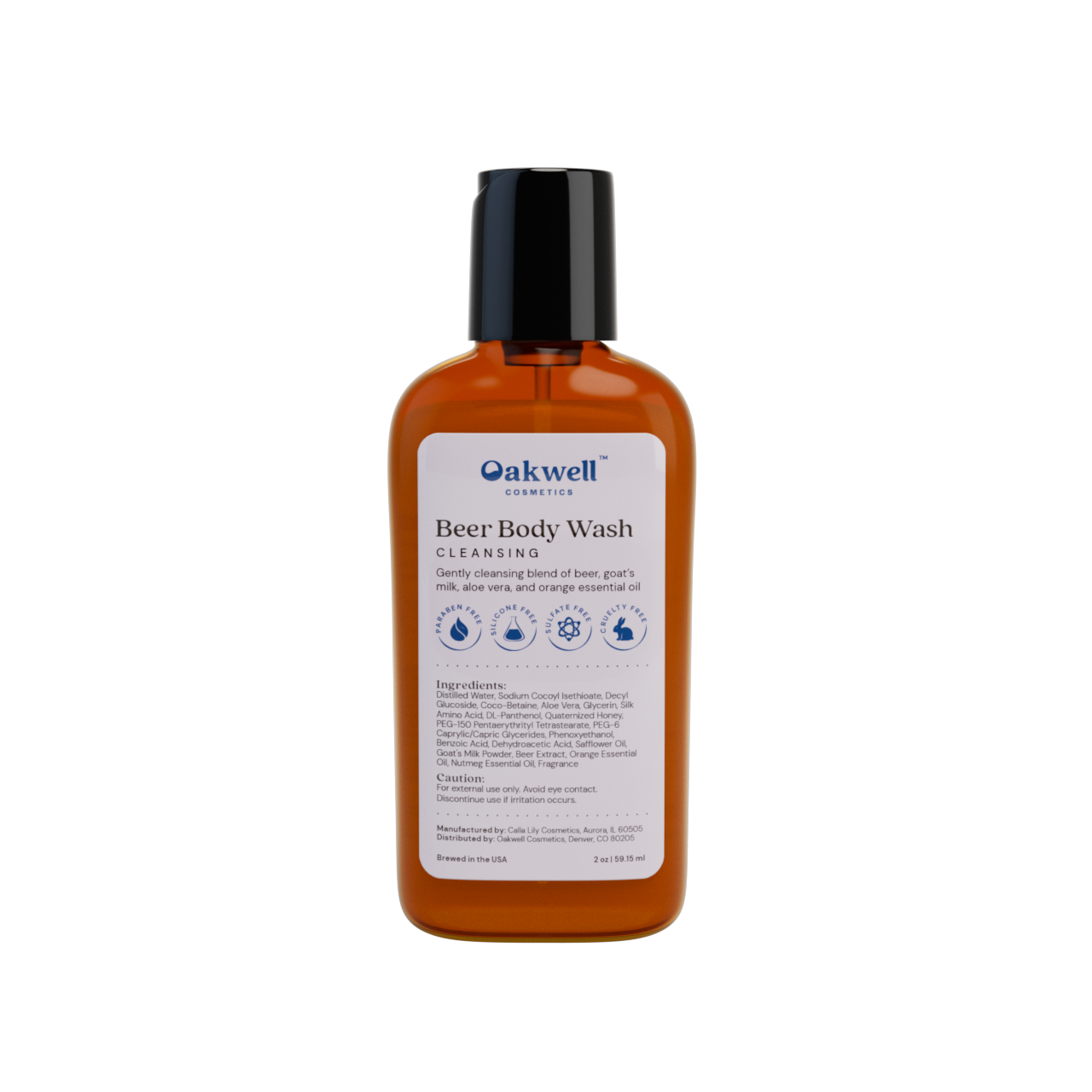Best Skincare Advice from Dermatologists for Healthy Skin

Skincare is the number one beauty category, with an expected revenue of $129 billion by 2028, so it’s no surprise that there are endless tips and products. In this article, we’re busting myths and sharing the best skincare advice from dermatologists to help you feel confident when choosing your products and routine.
According to skincare professionals and certified dermatologists, there’s no need to overspend time and money on skincare. A few simple products and a quick routine can promote healthy, glowing skin that helps you feel your best.
Apply Sunscreen with SPF Daily
“The most important thing you can use for anti-aging skincare is sunscreen,” says Dr. Ray Kleinfelder, DO FAAD, Board-Certified Dermatologist at Lux Dermatology.
Dr. Kleinfelder explains that the sun ages our skin more than time does. Ultraviolet radiation (UVR) from the sun degrades collagen and elastic tissue, which causes wrinkles. UVR can also result in skin cancer.
“Use a broad-spectrum sunscreen with an SPF of at least 30,” says Dr. Hannah Kopelman, Dermatologist at Kopelman Hair Restoration. “Apply it every morning, regardless of the weather. If you’re outdoors, reapply every two hours.”

Keep a Simple Skincare Routine
If you don’t have time, energy, or funds for a fancy skincare routine, you’re in luck because a simple skincare routine is affordable and easy for most people to achieve.
Dr. Kleinfelder recommends the following basic skincare routine:
- Morning: Wash your face and apply a moisturizing sunscreen
- Bonus: Use a Vitamin C serum before your moisturizing sunscreen for extra protection and anti-aging benefits
- Evening: Wash your face and apply a topical retinoid or retinol, then moisturizer
Don’t Pick at Acne
“Never pick at acne because it can result in pigmentation or discoloration and permanent scarring,” says Dr. Kleinfelder
If you want to treat a breakout, he recommends using spot treatments such as benzoyl peroxide, sulfur, or hydrocolloid pimple patches to allow lesions to heal. Simply apply the product to your acne and let it work its magic.
If your acne doesn’t improve or continues coming back, consult a dermatologist for a personalized recommendation.
Cleanse Your Face Daily
Cleanse your face morning and night using a gentle cleanser to remove dirt, oil, and other debris that can affect your skin’s health, says Dr. Marthe Dika, Board-Certified Dermatologist at M. Dika Dermatology.
Avoid using cleansing products that may cause skin irritation, discoloration, or textural changes to your skin. Instead, opt for healthy skincare ingredients such as natural oils and aloe vera.
When buying a facial cleanser, look for products with limited ingredients, as these products are less likely to contain irritants. We also recommend choosing products that are sulfate and paraben-free, as these ingredients can be harmful to the skin.

Apply Seasonal Moisturizer
Dr. Dika recommends using a moisturizer suited for the season: a thicker one for cooler weather and a lighter one for warmer weather.
“In the summer, I usually recommend lighter weight moisturizers as we tend to sweat more, and a thicker moisturizer can occlude the pores and lead to acne bumps or folliculitis,” explains Dr. Dika. “In the winter, especially if you have more sensitive skin, I recommend a thicker moisturizer or cream to help seal in the moisture as the low humidity can cause dryness and skin irritation.”
You can also use a gentle nourishing body lotion to moisturize the rest of your body for healthy, glowing skin.
Use Medical-Grade Retinoid
“Use a medical-grade retinoid product every night to help renew your skin cells and rejuvenate your skin,” says Dr. Dika. It can help treat acne and prevent premature anti-aging.
Retinol is a form of vitamin A and a type of retinoid. Retinol is usually an ingredient in a skincare product, whereas retinoid is a stronger product that a dermatologist often prescribes.
The American Academy of Dermatology (AAD) says you can find retinol products in most stores that sell skincare products. You can also consult a dermatologist to find the best product for you.
Choose Products With Antioxidants
“One of my favorite pieces of skincare advice is to include antioxidants in your routine,” says Dr. Kopelman. “I usually tell my patients to use a serum with Vitamin C before applying sunscreen in the morning to maximize protection and enhance skin health.”
Dr. Kopelman explains that antioxidants, such as Vitamin C, help protect the skin from environmental damage caused by free radicals. They can also help brighten your complexion, reduce the appearance of fine lines, and improve skin texture.
Understand Your Skin Type
“Knowing if your skin is oily, dry, a combination, or sensitive is crucial in selecting the right products,” says Dr. Kopelman. “For example, if you have oily skin, you may benefit from lightweight, non-comedogenic products, or those with ingredients that won’t clog your pores. If you have dry skin, opt for more hydrating formulations.”
Dr. Kopelman suggests consulting with a dermatologist for a professional assessment if you're unsure about your skin type. This can save you time and money in the long run by ensuring you're using the right products for your skin.

Be Consistent and Patient with Skincare
“Skincare is a marathon, not a sprint,” says Dr. Kopelman. “A consistent routine is key for seeing long-term results.”
If you’re using new products, it usually takes several weeks to notice significant changes, explains Dr. Kopelman. Avoid frequently switching products, as this can irritate your skin and hinder progress.
Stick with a routine and give your skin the time it needs to show improvements or good health.
Skincare Advice: FAQs
Learn more about a healthy skincare routine with answers to common questions below.
What are the basic skincare recommendations?
Dermatologists recommend using minimal products: facial cleanser, Vitamin C serum, moisturizer, sunscreen with SPF 30 or more, and retinoid. You should also know your skin type, so you can choose suitable products.
It’s best to consult a dermatologist for personalized skincare tips if needed.
Is it okay to wash face with water only?
Water by itself usually won’t remove all dirt and oil. For the best results, you’ll want to use a specific face wash or cleanser.
What is the best skincare routine?
According to skincare advice from dermatologists, a simple skincare routine is best.
Every morning, wash your face, apply a Vitamin C serum, then use a moisturizer with an SPF of at least 30. Every evening, wash your face, apply a topical retinoid or retinol, then moisturize.
Skincare Advice: Conclusion
We hope you found this article helpful and feel confident about taking care of your skin. The best skincare routine is simple, with minimal products and ingredients.
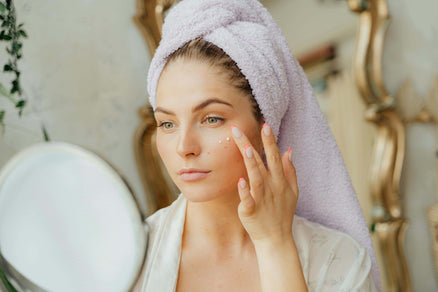


Become a part of our community and be the first to learn all there is to know about Oakwell
